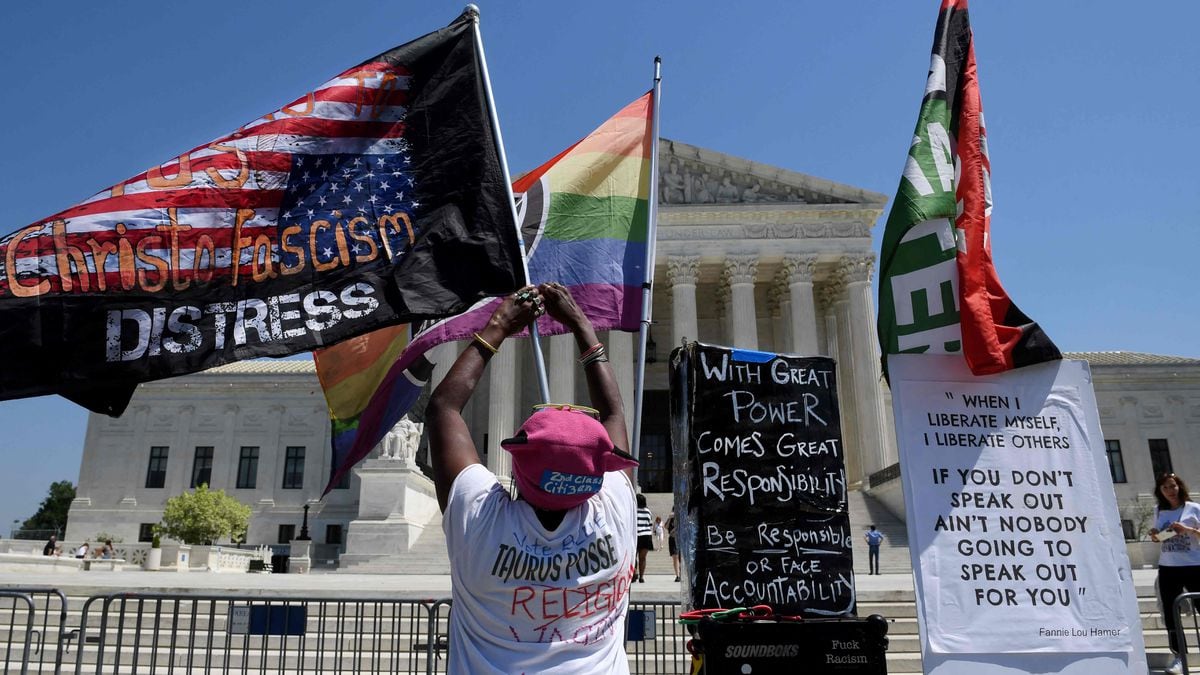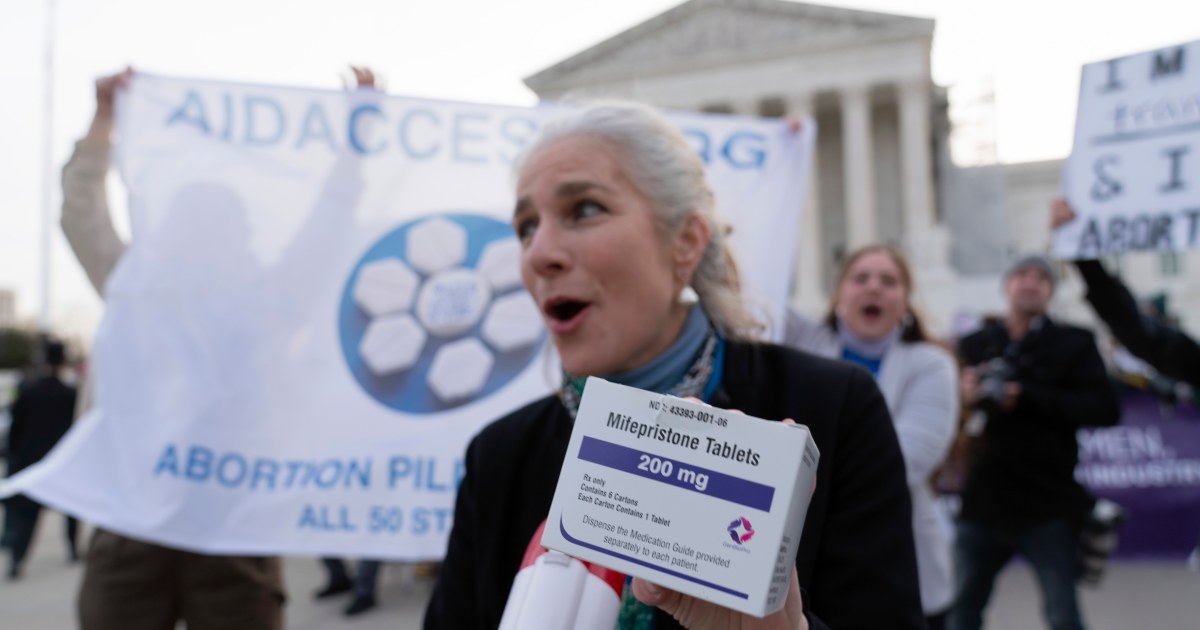The magistrate of the Constitutional Court Concepción Espejel in the jurisdictional plenary on January 24. ZIPI (EFE)
Judge Concepción Espejel has formulated a dissenting vote in which she expresses her discrepancy with the fact that the Constitutional Court has not allowed her to stay out of the debate on the abortion law, stating that this decision questions the impartiality of the body itself of guarantees.
Judge Enrique Arnaldo, belonging to the conservative sector like Espejel, has presented another dissenting vote in which he mentions that said request for abstention should have been successful because the challenge continues to be contrary to the law of deadlines.
The court, in turn, has ratified the criterion that there were no reasons for Espejel to withdraw because all the magistrates have their own opinions on the most controversial issues, and that of said magistrate was made explicit 12 years ago,
in a report that was not approved by the Judiciary.
The TC rejected on the 9th the appeal filed by the PP in 2010.
All these considerations appear in the orders and individual votes that the Constitutional Court has made public this Thursday, in relation to the deliberation that it held last week on how the debate on the abortion law should be dealt with.
That discussion ended with the rejection of the paper prepared by magistrate Enrique Arnaldo, who objected to a single article of the law, on the information received by the pregnant woman who decides to abort.
But to reach that conclusion, the court had to first debate whether to accept the challenge that five former PP deputies —headed by former minister Federico Trillo— presented against the president of the court, Cándido Conde-Pumpido, and magistrates Juan Carlos Campo, Inmaculada Montalbán and Espejel herself.
For the progressives, whose thesis prospered in accordance with their current majority in court, by seven votes to four, the former deputies of the PP lacked standing to challenge four magistrates, because the initiative would have corresponded, in their case, to all the members of the popular parliamentary group that in 2010 appealed the abortion law.
In the same way, the criteria of said sector in terms of rejecting Espejel's abstention also prospered, considering that his criticism of the voluntary pregnancy law was formulated in a contribution to the report of the General Council of the Judiciary (CGPJ) on said matter, which was not approved.
The court based its decision in part on the fact that the aforementioned twelve years have elapsed since then, which in another dissenting opinion leads magistrate Ricardo Enríquez,
Que esta magistrada no ha cambiado de opinión en el tiempo transcurrido lo afirma Espejel en su voto particular, cuando se refiere a la “exteriorización de un criterio firme y mantenido hasta esta fecha, en relación con algunos puntos controvertidos del anteproyecto de ley orgánica que vieron la luz en lo sustancial en la ley orgánica impugnada”, la del aborto. Espejel añade que ello “se traduce en que a la hora de juzgar no me hallo desprovista de una postura o posición previa, lo que va en detrimento de la debida imparcialidad”, factor que puede afectar al conjunto del tribunal compuesto con su presencia. “Esta situación —dice la magistrada— repercute negativamente en la apariencia de imparcialidad que el Tribunal ha de proyectar a la sociedad, poniendo en riesgo la confianza que los tribunales deben inspirar a los ciudadanos en una sociedad democrática”.
For his part, Enrique Arnaldo states that, as a member of the Judiciary, Espejel defended an "alternative opinion" in which "he openly spoke out against the constitutionality of various aspects of the bill" and underlines that he did so "particularly on the system of deadlines that it establishes, compared to the previous system of indications, which constitutes the main question raised in the present appeal of unconstitutionality”.
In his presentation, Arnaldo has defended the constitutional legality of the deadline system, notwithstanding which he considers that Espejel should have been left out of the debate.
For his part, throughout the deliberation of the sentence on abortion, Espejel, once his abstention was rejected, again criticized the system of deadlines.
Subscribe to continue reading
Read without limits
Keep reading
I'm already a subscriber





/cloudfront-eu-central-1.images.arcpublishing.com/prisa/OCS7V4Q6YKB6UMI76BXPPNGQJE.jpg)



